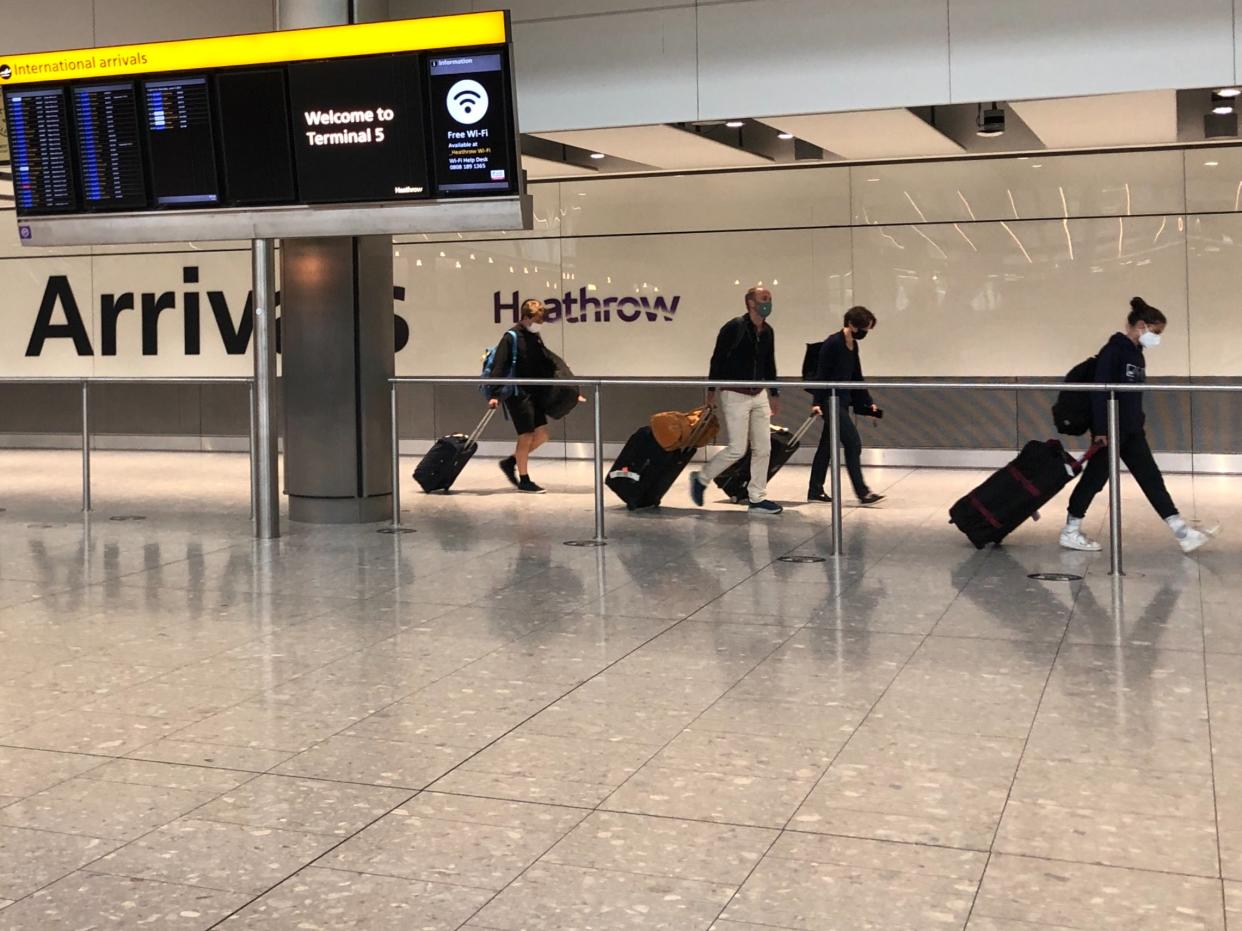Heathrow and Ryanair reveal further huge losses

Two giant aviation firms have announced further huge losses as Covid-related restrictions continue to stifle international air travel.
Heathrow, formerly the busiest airport in Europe, lost £348m during the first six months of 2021. Passenger numbers are expected to be even lower overall this year than they were in 2020.
Passenger traffic was around one-10th of the comparable spell in 2019. During the course of this year, the airport expects to handle 21.5 million passengers. This represents a 73 per cent decline compared with 2019, and representing a 3 per cent fall on last year – when January and February traffic levels performed well.
Heathrow’s prediction assumes “the expected gradual addition of countries to the UK government’s ‘green list’ over the balance of the year”.
The airport said the UK government’s decision not to recognise foreign-administered vaccines for the purposes of avoiding quarantine was partly responsible for Heathrow slipping further behind European rivals.
While travellers who have been vaccinated in the UK by the NHS need not self-isolate on return from more than 150 “amber list” countries, all other passengers from those nations must quarantine.
“Britain is losing out on tourism income and trade with key economic partners like the EU and US because ministers continue to restrict travel for passengers fully vaccinated outside the UK,” the airport said in its statement.
Europe’s biggest budget airline, Ryanair, lost an average of €3m (£2.6m) each day between April and June. This was even higher than the same quarter in 2020, when traffic collapsed altogether.
In that spell, Ryanair flew only 500,000 passengers – compared with 8.1 million over the same quarter in 2021.
The average loss per passenger was £29 between April and June 2021.
“Bookings were close-in and at low fares,” said the chief executive of Ryanair’s holding company, Michael O’Leary. He blamed “significant uncertainty around travel ‘green lists’ (particularly in the UK) and extreme government caution in Ireland” for the continuing losses.
“Covid-19 continued to wreak havoc on our business during Q1 with most Easter flights cancelled and a slower than expected easing of EU government travel restrictions into May and June,” he said.
The proportion of seats on each flight sold, known as load factor, rose from 61 to 73 per cent. The usual average is in the low nineties.
Ryanair has recruited additional cabin crew to try to take advantage of the relaxation of Covid restrictions in the summer, though average summer fares are lower than pre-pandemic levels.
The airline introduced the Boeing 737 Max – for which Ryanair has a special high-capacity variant – and said feedback from passengers was “resoundingly positive”.
